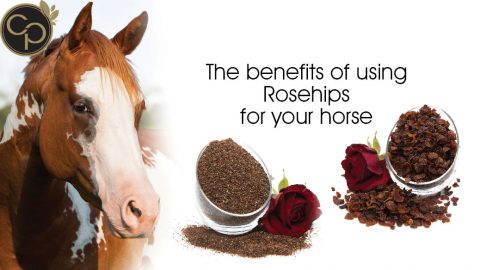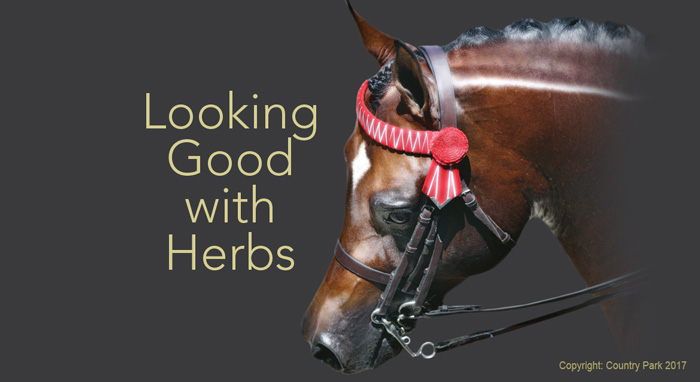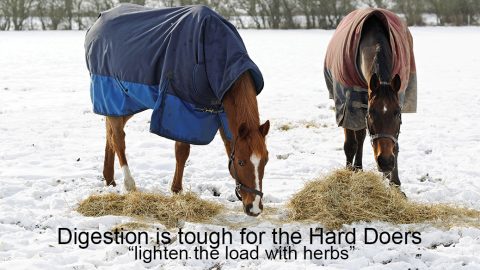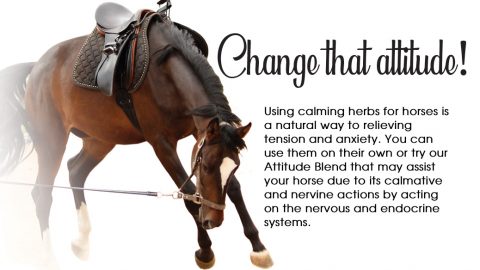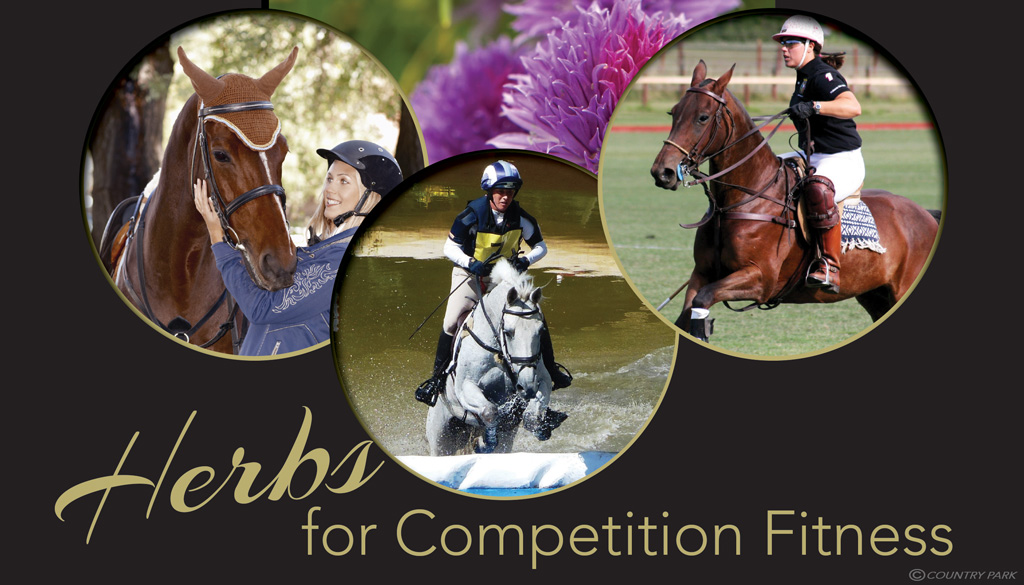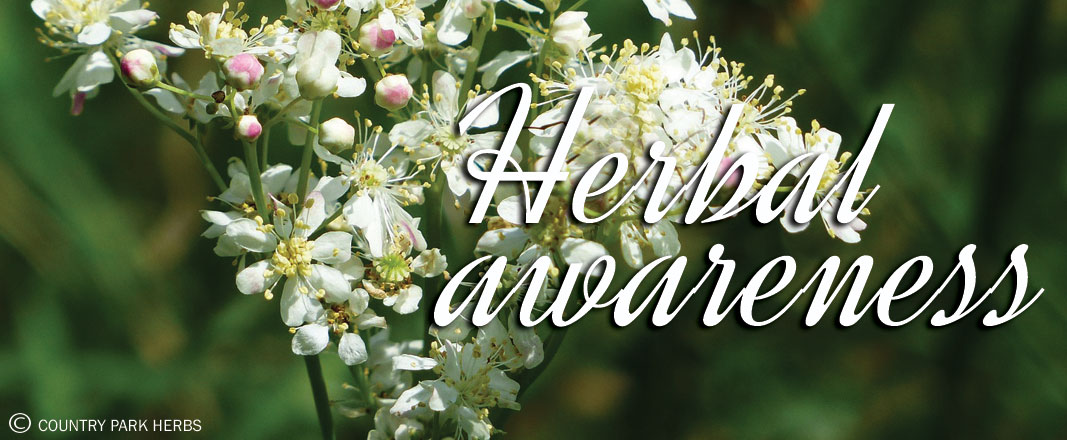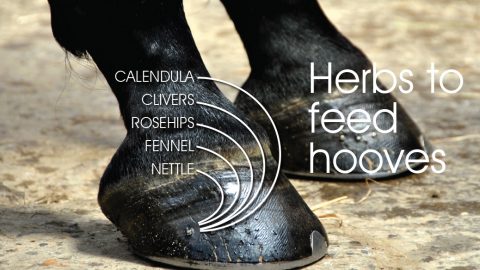This herb has amazing healing qualities and a wonderful additive to most diets. However, as with everything, a little goes a long way and there are times you must be cautious with the ingestion of garlic.
Garlic is universal in all streams of herbalism
Traditional indications for garlic in Western herbalism as an expectorant and for worm infestation. In addition to these garlic has been used in Chinese medicine for indigestion and in Ayurvedic for fevers and debilitated conditions.
It is commonly used to repel flies and insects as it promotes sweating and in doing so is excreted through skin to repel these bugs.
This makes this herb a valuable additive all year round, providing you vary from it occasionally to give your horse’s gut a rest now and then. Overall it can be a very special tonic to help tune up many of your horse’s body systems.
Now for the Cautions
Firstly, if you need to have your veterinarian assist your horse after an injury, to investigate a loss of condition, any vascular issues or skin problems, gestation, or perform surgery (and there are possibly other conditions I may not have thought of), please be responsible and inform them that you supplement garlic. It is now in common use so it has been investigated more than most herbs so your veterinarian does have access to information that it is documented in trials in peer journals they can reference if there is a possibility that garlic could be a contributing factor to the clinical signs they are assisting you with, or if it is contraindicated for your horse.
Key Information for All Horse Owners:
If you who are giving garlic daily be aware of its antiplatelet activity and that it is very important to discontinue the use of garlic 10 days before surgery.
With pregnant mares consider the allicin-releasing action and its altering of the amniotic fluid, this suggests garlic should not be given during pregnancy.
There are many common pharmaceutical drugs that garlic is not to be given at the same time. If your veterinarian prescribes any medication please remove garlic from your horse’s feed.
General Awareness
Garlic is not suited to every horse, and some may have their own quirky sensitivities so the following warnings are more for your awareness. You do not need to get paranoid with your use of garlic, but if one of your horses is sensitive to this herb, it may be worth ceasing giving it to your horse for 3 to 6 weeks to assess if it is contributing to any low grade irritating conditions like inflamed skin or puffy legs.
Garlic overdoses can inflame kidneys and in some cases damage kidneys, so if your horse has a kidney imbalance or being treated by your veterinarian for issues relating back to the kidneys or on drugs that have an action on the kidneys and related body processes, he must be informed about any historical or current long term garlic use.
If you have a new horse and are having trouble getting condition on him, consider addressing the health of his gut before adding garlic to his diet. This is important with horses that stress easily, once the gut is balanced it can then make the most of this herb without fear of irritation.
Raw garlic can irritant the mucosal layers and many garlic powders are not pure garlic. The garlic granules sold by Country Park Animal Herbs are the best to work with when you choose to give garlic to your horse.
How Much?
There is a lot of discussion about how much garlic to give your horses. The amount often depends on the reason you are giving garlic, but generally I find the least amount of adverse reactions while consistently achieving desired results is one tablespoon of granules every second day. If you have a condition you wish to address with garlic, please consult a herbalist to help you determine the best dose size and length of use.
Catherine Bird

